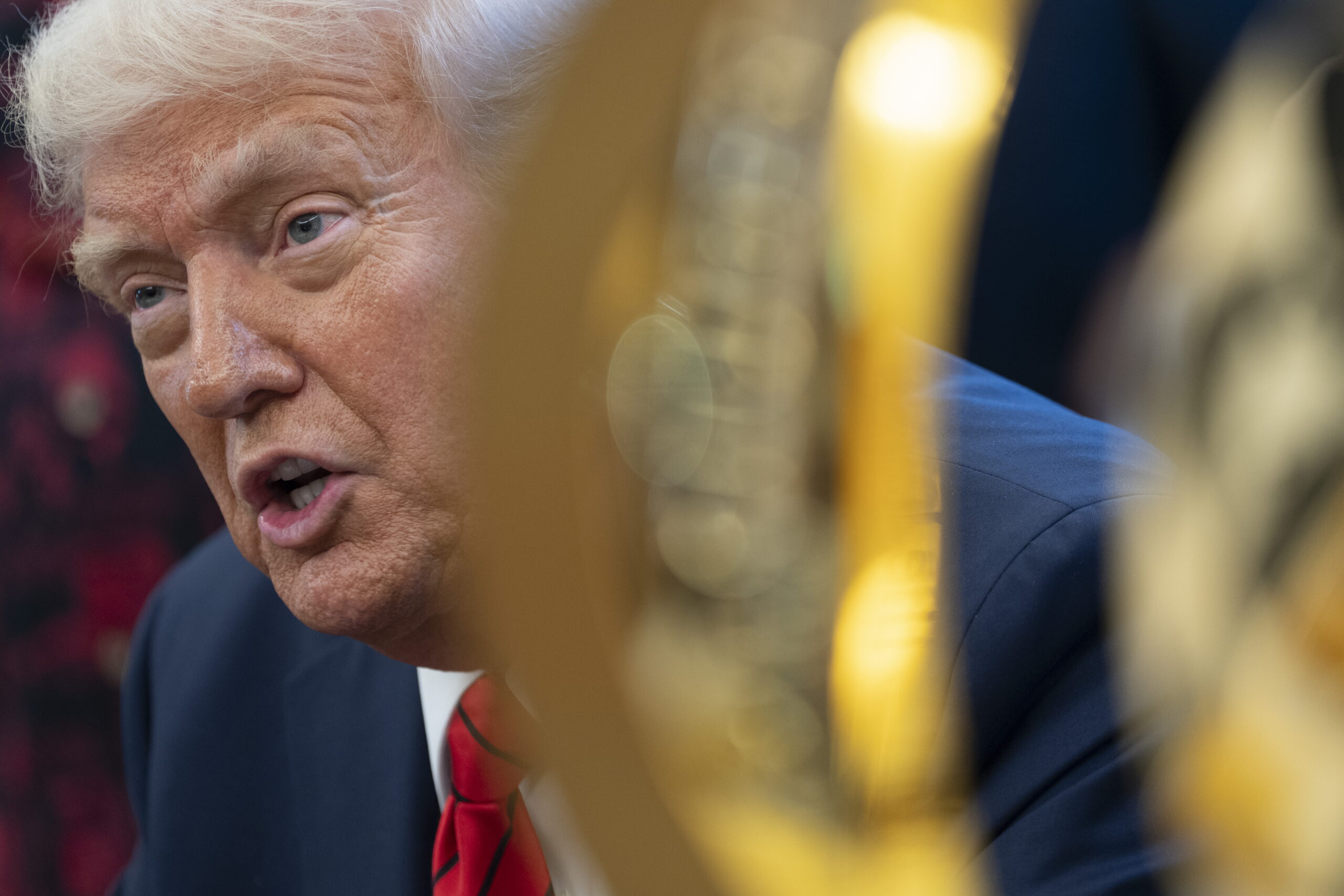Pessimism among Portuguese CFOs almost doubles with geopolitical uncertainty

Portuguese financial directors are more pessimistic about their companies' financial prospects. This proportion has practically doubled compared to last autumn , a period marked by heightened geopolitical uncertainty and an aggressive tariff policy imposed by US President Donald Trump. Despite this, Portuguese Chief Financial Officers (CFOs) are more optimistic than their European counterparts regarding revenue and margin growth.
The greater pessimism among financial managers, both in Europe and Portugal, "is related to geopolitical tensions and conflicts, compounded by the issue of American protectionism and tariffs," Nélson Fontainhas, a partner at Deloitte and responsible for the consultancy's most recent CFO Survey , told EContas. Combining these two factors, along with "geopolitical tensions forcing companies to rethink their supply chains and the fact that these chains may be disrupted again by customs tariff policies, creates a high level of uncertainty that undermines companies' expectations," he notes.
The analysis's findings, for spring 2025, reveal just that. "CFO sentiment in Europe is deteriorating, with the proportion of those with a less optimistic outlook rising from 27% to 33%. In Portugal, this trend is even more evident, with 44% of CFOs expressing a more cautious outlook, almost double the 23% recorded last fall ," the study indicates.
With geopolitical tensions forcing companies to rethink their supply chains, and the possibility that these chains could be disrupted again by tariff policies, there is a high degree of uncertainty that is worsening companies' expectations.
The survey also shows that the " percentage of those most optimistic remains stable at 23%, both in Portugal and in Europe , although at the European level this percentage represents a decrease compared to the 28% recorded in the autumn of 2024. Almost half (45%) still maintain a neutral stance, reflecting a cautious outlook, as well as an expectation of stability regarding the financial prospects of their companies."
In terms of sectors, CFOs in healthcare (72%) and technology, media, and telecommunications (62%) appear to be the most positive , while in the automotive sector, traditionally more pessimistic, there are signs of stabilization. Sectors related to consumer goods, energy, and tourism end up being some of the most affected by uncertainty, explains Nélson Fontainhas.
Geopolitical uncertainty tops concernsAt the top of Portuguese financial managers' concerns are geopolitical risks, in line with the rest of Europe. " Geopolitics is among the top three risks in 86% of the countries surveyed, the highest level since Deloitte began the survey in 2015, even surpassing the levels observed in 2022, during Russia's invasion of Ukraine ," the CFO Survey points out. In Portugal, more than half (63%) of financial leaders see an impact on supply chains and 61% on sales due to geopolitical instability, higher than the European average (48% and 53%, respectively).

"In this context, Portugal is actually the second country reporting the highest level of uncertainty in Europe (79%) , surpassed only by the United Kingdom (93%). Portugal also stands out as the country with the least appetite for taking risks: 91% of CFOs believe that this is not the right time to take greater risks on the balance sheet, compared to 82% across Europe," the study notes.
Revenues will continue to growDespite the increased pessimism about the financial outlook, financial managers maintain expectations of revenue growth. "Portuguese CFOs remain more confident than their European peers regarding revenue growth and the evolution of operating margins," indicates Deloitte, with the net balance of revenue expectations in Portugal falling from 52 points to 42 points, while in Europe it fell from 37 points to 29 points. " Operating margins follow a similar trajectory , revealing greater optimism on the part of Portuguese companies," it reveals.
"CFOs, both in Europe and in Portugal, when they look at the company, believe that revenue will behave more stably than anything else. They don't anticipate a major impact on revenue. There is a decline, but it's not as pronounced as, for example, in investment or the increase in headcount ," says Nélson Fontainhas.
According to the Deloitte partner, " no investor makes an investment decision in a scenario of greater uncertainty. Typically, we choose investments that are safe in each scenario or postpone them. That's what happened until March or April of this year [to understand Donald Trump's next steps]."
Slowdown in hiringOn the other hand, the study shows that “ sentiment towards hiring among European CFOs has declined sharply, with the majority predicting a workforce reduction ”, with “Portugal following the European trend of contraction, although with a less pronounced impact”.
Sentiment towards hiring among European CFOs has declined sharply, with the majority predicting a workforce reduction (…) Portugal is following the European trend of contraction, although with a less pronounced impact.
"There's a slowdown in hiring. The biggest factor is certainly the same as investment. CFOs want to maintain revenue, make it resilient, but protect themselves from risks. This means that the dominant variables—investment and costs—are the first to suffer. In the case of human resources, there's a defensive game, [with companies wanting to protect their efficiency]," concludes Nélson Fontainhas.
ECO-Economia Online


